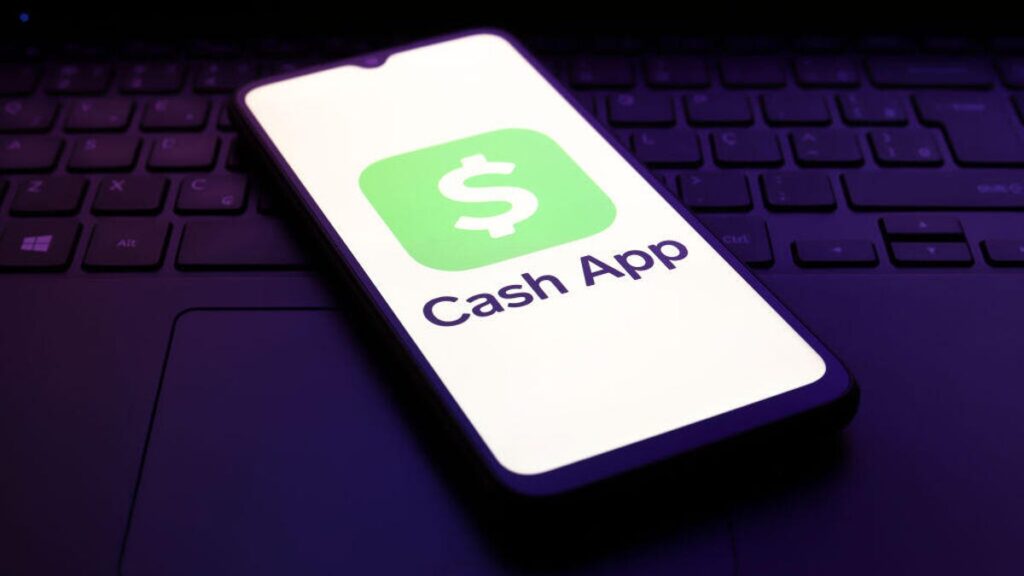
Cash App was accused of unlawfully bombarding users with spam texts.
Spam messages can feel a lot like digital pollution. They’re everywhere, and we’re all stuck dealing with them, but did you ever think that you might be able to get paid because of them? Well, for certain Cash App customers, that’s exactly what’s happening, thanks to a new class action settlement.
Last month, Block, the parent of the popular digital payment platform Cash App, agreed to settle a class action lawsuit accusing it of sending spam text messages in violation of certain consumer protection laws, to the tune of $12.5 million, despite not admitting to any wrongdoing. For the time being, a number of key details related to this settlement are unknown, but there’s enough info to help potential claimants get started.
Initially launched as Square Cash in 2013, Cash App has evolved over the last decade and changed into a major player in money transfers, competing directly with the likes of Venmo and noted for its popularity among people with lower incomes. As of 2024, it boasted around 57 million monthly active users and $16.2 billion in total revenue — an increase of 13.2% from 2023 and all the better to help pay out various settlements — emphasis on various.
Indeed, this is far from the only settlement Cash App has agreed to in recent years. Last year, it paid out $15 million to resolve a class action lawsuit after an employee from the company’s Investing team allegedly accessed user data without authorization. The company was also forced to pay a total of $175 million in refunds and penalty fines by the Consumer Financial Protection Bureau over weak security measures that left people vulnerable to fraud.
For all the details you need to know about this latest Cash App settlement, keep reading, and for more settlement news, find out all about the sizable settlement coming from TracFone.
Why was Cash App sued?
Plaintiff Kimberly Bottoms filed the class action lawsuit against Block in November 2023. A resident of Washington state, she alleged that the company had sent customers of Cash App unsolicited spam messages in violation of two of the state’s consumer protection laws: the Washington Consumer Electronic Mail Act and the Washington Consumer Protection Act. This, the suit alleged, was done via Cash App’s “Invite Friends” referral program.
Block has agreed to settle the matter, with Bottoms submitting the motion to the Washington state federal court system for approval at the end of June.
Who qualifies for the Cash App settlement?
Given the nature of the allegations in the class action suit, this settlement applies only to the Washington state residents protected by the two laws Cash App was accused of violating. Potential claimants also need to have received one of these spam messages from the company to be eligible. The settlement period started on Nov. 14, 2019, with the end date to be decided sometime soon.
The settlement class is estimated to be around 2 million people based on available phone numbers. Block is expected to send out emails and physical letters in the near future to alert people who may be eligible class members, so if this all sounds like you might be eligible, keep your eyes peeled.
For now, methods for opting in to the settlement are not available, but we’ll keep you posted as new details emerge.
How long do I have to join the Cash App settlement?
No deadline to join the settlement has been set at this time, but you should expect one to be in place eventually. The terms of the settlement state that potential class members need to submit their claims in a timely manner, indicating that there will be a deadline.
How much money can I get from Cash App?
Given the $12.5 million settlement agreed to by Block and the estimated number of class members, you can expect payments to range from $88 to $147, depending on how many people ultimately opt in.
For more, get all the information you need about the AT&T data breach settlement.
